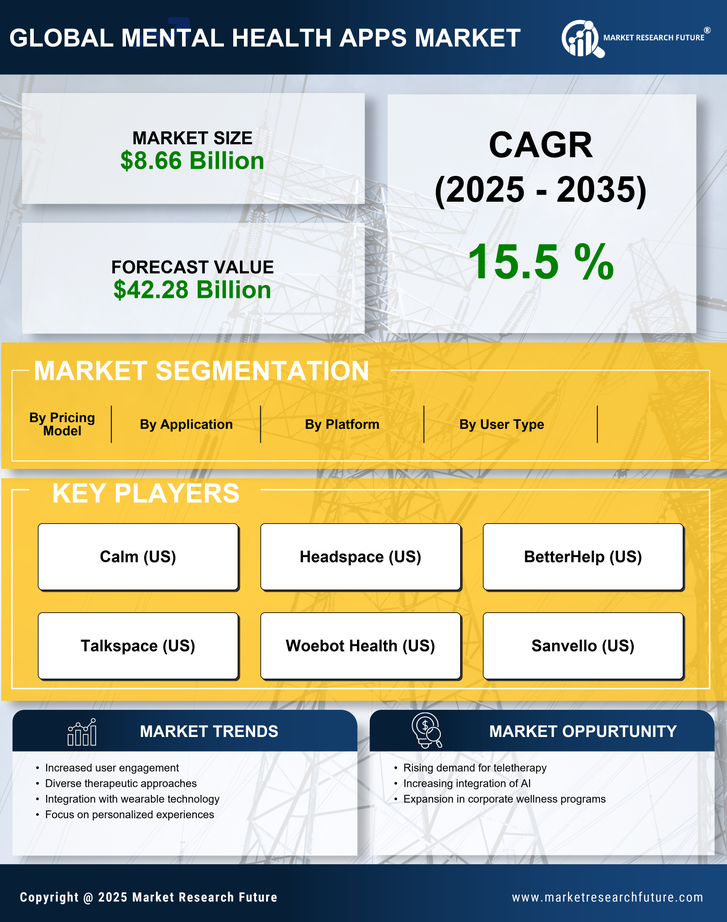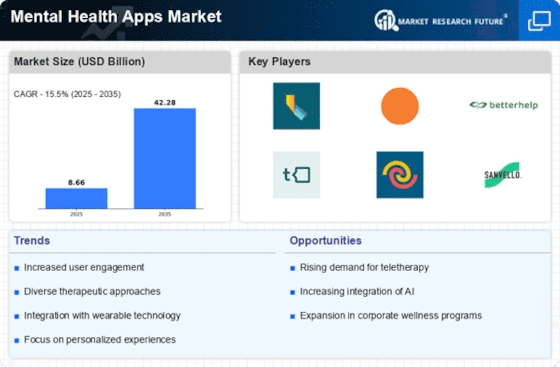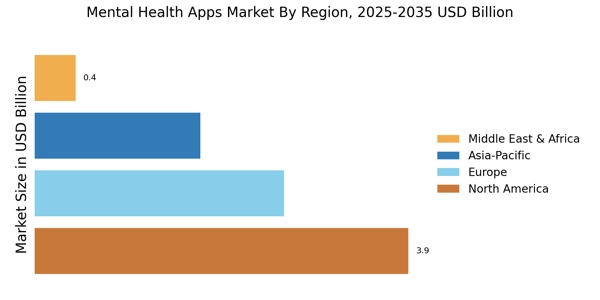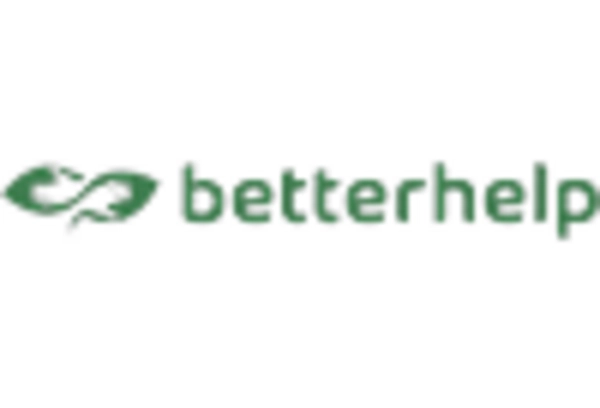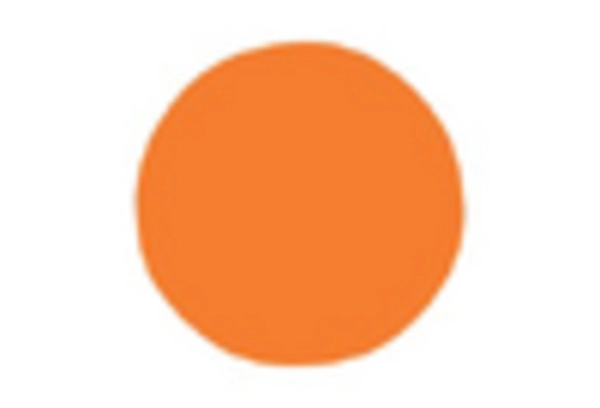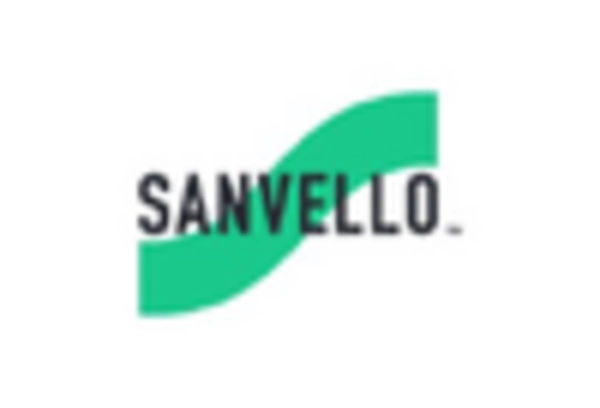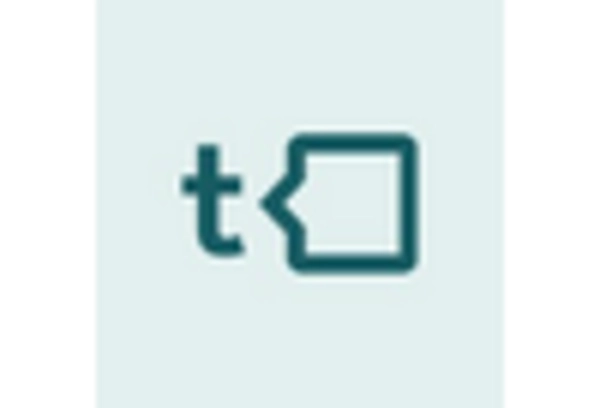Rising Awareness of Mental Health Issues
The increasing awareness surrounding mental health issues appears to be a primary driver for the Mental Health Apps Market. As society becomes more cognizant of mental health challenges, individuals are more likely to seek solutions that can assist them in managing their mental well-being. Reports indicate that approximately 1 in 5 adults experience mental illness each year, which underscores the necessity for accessible mental health resources. This heightened awareness has led to a surge in demand for mental health applications, as users seek tools that provide support, education, and coping strategies. Consequently, the Mental Health Apps Market is witnessing a robust growth trajectory, as developers respond to this demand by creating innovative and user-friendly applications.
Growing Focus on Preventive Mental Health Care
There is a growing focus on preventive mental health care, which is driving the Mental Health Apps Market. As awareness of the importance of mental well-being increases, more individuals are seeking proactive measures to maintain their mental health. This shift towards prevention rather than treatment is reflected in the rising popularity of apps that promote mindfulness, stress management, and emotional resilience. The market data suggests that preventive mental health solutions are gaining traction, with users increasingly turning to apps for daily mental health check-ins and self-care routines. This trend indicates a potential for sustained growth in the Mental Health Apps Market, as more individuals recognize the value of integrating mental health practices into their daily lives.
Technological Advancements in Mobile Applications
Technological advancements in mobile applications are significantly influencing the Mental Health Apps Market. The proliferation of smartphones and the continuous enhancement of app functionalities have made mental health resources more accessible than ever. Features such as artificial intelligence, machine learning, and data analytics are being integrated into mental health applications, allowing for personalized user experiences. For instance, apps can now offer tailored recommendations based on user behavior and preferences, which enhances engagement and effectiveness. The market data suggests that the mental health app segment is expected to grow at a compound annual growth rate of over 20% in the coming years, driven by these technological innovations. This trend indicates a promising future for the Mental Health Apps Market as it adapts to the evolving technological landscape.
Increased Demand for Remote Mental Health Services
The demand for remote mental health services has surged, propelling the growth of the Mental Health Apps Market. As individuals seek convenient and flexible options for mental health support, apps that offer teletherapy, guided meditation, and self-help resources are becoming increasingly popular. The convenience of accessing mental health services from home or on-the-go aligns with the preferences of a tech-savvy population. Market data reveals that the telehealth sector, which includes mental health services, is projected to reach a valuation of several billion dollars in the next few years. This trend indicates a shift in how mental health care is delivered, with the Mental Health Apps Market at the forefront of this transformation, providing essential tools for users seeking support.
Integration of Mental Health Apps with Wearable Technology
The integration of mental health apps with wearable technology is emerging as a notable driver for the Mental Health Apps Market. Wearable devices that monitor physiological indicators such as heart rate and sleep patterns can provide valuable data that enhances the functionality of mental health applications. This synergy allows users to gain insights into how their physical health impacts their mental well-being. As the market for wearables continues to expand, the potential for mental health apps to leverage this technology is significant. Market data indicates that the wearable technology sector is expected to grow substantially, which could further bolster the Mental Health Apps Market as developers create innovative solutions that combine these two domains.
